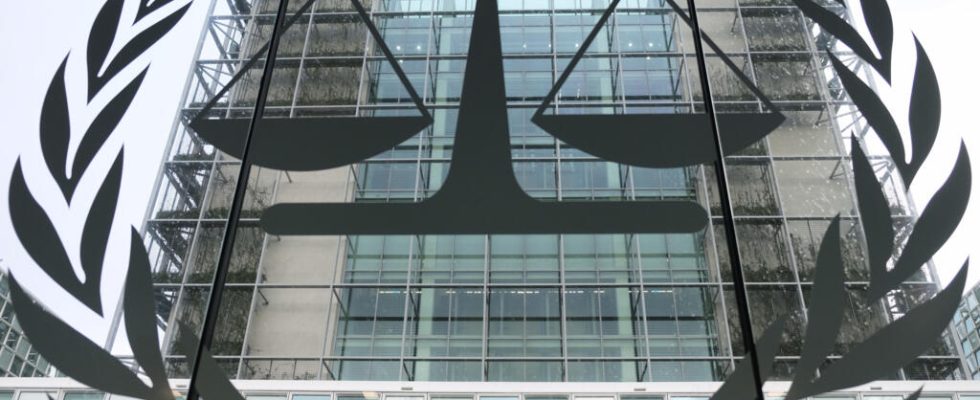Professor of international law at the Free University of Brussels, François Dubuisson analyzes the issues at stake in the complaint filed by South Africa before the International Court of Justice (ICJ). The UN judicial body is holding hearings on Thursday January 11 and Friday January 12 in The Hague (Netherlands), following a request from Pretoria on acts of “genocide” allegedly committed by Israel during its military operations in the Gaza Strip.
4 mins
RFI: The International Court of Justice (ICJ) is the principal judicial organ of the United Nations. When has she ever looked into the Israeli-Palestinian conflict?
François Dubuisson : The ICJ settles disputes between States and can issue opinions when asked a legal question. In the past, she has already been consulted on the legality of the wall built by Israel in Palestinian territory. She had noted the illegality of it. For several months, it has received a second request for an opinion which relates in a much more general manner to the nature of the Israeli occupation of Palestinian territory. The hearings are scheduled to be held in February.
After the Hamas attacks on October 7 and the start of the war in Gaza, South Africa contacted the ICJ, asking it to rule on possible acts of “genocide”. It’s a first ?
Yes, this is the first time that an inter-state procedure incriminates Israel before the ICJ. The procedure is based on the 1948 Genocide Convention. The pleadings will focus solely on this qualification: do the military operations carried out by Israel in the Gaza Strip, the difficulties of access to humanitarian aid, the consequences for the Palestinian population fall within the qualification of “genocide”?
Read alsoSouth Africa accuses Israel before international justice of “acts of genocide” in Gaza
How will the two days of hearings this week in The Hague unfold? And what will be next?
At this stage of the procedure, this is a request for provisional measures by South Africa. It is a sort of emergency summary where South Africa asks the Court to enact measures imposed on Israel to avoid any risk of irreparable harm. The Court could announce them very quickly, asking Israel to refrain from a series of acts or asking it to pass more humanitarian aid to prevent a potential genocide. It is not at this stage that the Court will rule on whether or not what Israel is doing constitutes genocide.
Will the next step be that of examination on the merits?
Yes, the definitive analysis of Israel’s actions will probably take several years. A fairly long period of time, that’s why there is an interest in precautionary measures, to try to get a handle on what is currently happening.
What are the means of making the measures that could be decreed by the ICJ obligatory?
They would be obligatory, but that does not mean that Israel would comply with them. But precautionary measures would constitute leverage for other States. Indeed, under the Genocide Convention, all States Parties have obligations to prevent genocide. So if the Court says that a certain number of measures must be taken to prevent genocide, this may encourage states to increase their pressure on Israel.
Parallel to this procedure before the International Court of Justice (ICJ), the International Criminal Court (ICC) began to look into the events of October 7, 2023 and those of the war that followed. What distinguishes these two procedures? And do they not risk getting bogged down or failing at the risk of further undermining the credibility of international justice?
The ICC has jurisdiction to judge individuals, unlike the ICJ. As Israel is not a party to the International Criminal Court, it has no obligation to cooperate. And the ICC can only conduct trials when the accused are present in The Hague. She cannot judge them in their absence. It is true that there is a question of credibility: the ICC has often been criticized for being mainly interested in conflicts in Africa and little in the responsibilities of Western states.
We nevertheless see that two international courts (ICJ and ICC) are likely to be competent and to act, even if it will take some time. They are likely to have a grip on the Israeli-Palestinian conflict, which is not so common.
Also seeInternational justice: in the workings of the fight against impunity
